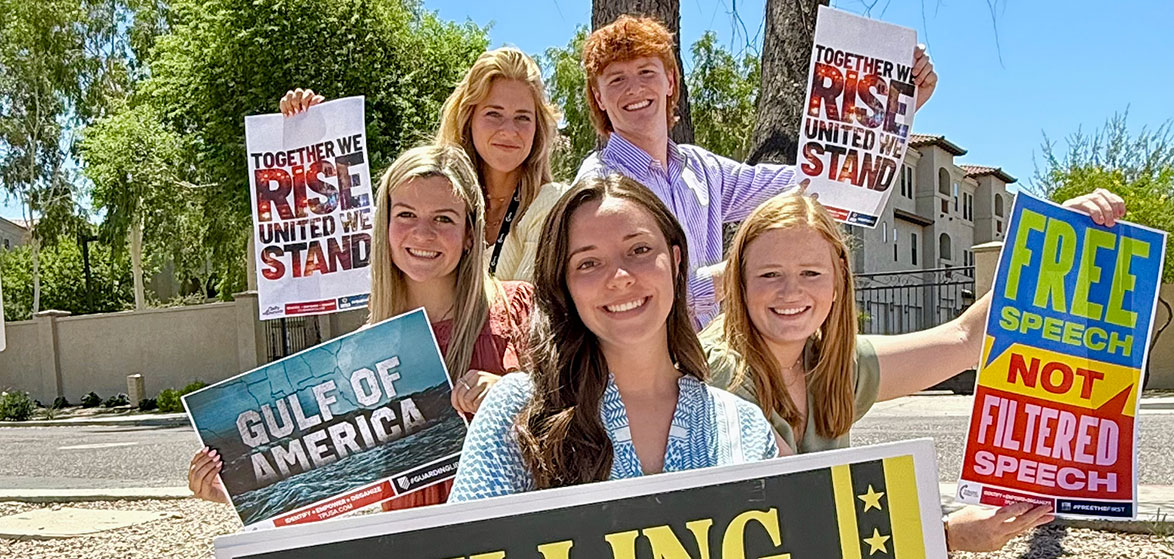
For months, European nations braced for what were presumably difficult times ahead as winter approached amid the severe energy crisis only exacerbated by Russia’s invasion of Ukraine just over 10 months ago. Lucky for European residents, this winter proved to be relatively mild in temperature, which has lowered the demand for natural gas and energy used to heat homes.
Many news outlets are celebrating the high temperatures, declaring “Putin’s energy gambit” to be futile. Lives indeed have been saved by the mild temperatures, which could have easily been lost in a harsh, cold winter, which would have created a higher demand for natural gas that European nations did not have the reserves to fulfill. Switzerland has gone so far as to consider a fine or jail time for citizens who raised the temperature of their homes above 65 degrees Fahrenheit, in an effort to conserve energy use nationwide.
The warmer temperatures have curbed demand for energy, which in turn has lowered wholesale prices of liquid natural gas (LNG) — because the market is dictated by future demand, and retail prices are expected to fall slightly as a result. Some oil and natural gas experts however, believe that prices cannot fall much lower, given Europe’s dependence on LNG imports, and the underperformance of “green” energy sources.
“The problem that European politicians do not want to talk about is that as long as the EU relies on LNG, these prices are not going to go much lower for the very simple reason that LNG could never be as cheap as pipeline gas.”
Oil Price
Prior to the Russia-Ukraine war, Europe relied heavily on Russia’s Nord Stream 1 pipeline. After the invasion however, countries threatened sanctions against Russia’s energy exports, causing Russia to reduce gas supplies sent to Europe, effectively choking their ability to meet domestic energy demands. The situation deteriorated further once it was revealed that an act of sabotage damaged Nord Stream 1 beyond repair, stopping the flow of oil Russia to Europe all together. President Biden lifted sanctions on Russia’s Nord Stream 2 in 2021 just before its construction was complete, however the pipeline is not yet operational.
Now that pipelines are no longer an option for Europe, these countries are dependent upon imports of LNG. This is because many nations, like Germany and the Netherlands, have been on an accelerated warpath against carbon emissions. These nations bought into the green energy propaganda years before solar, wind, or hydro energy sources were established enough to provide reliable energy for growing populations.
“In 2022, the EU’s imports of LNG hit 101 million tons, which was a 58% surge compared to 2021, per data from Refinitiv cited by the Financial Times. The EU imported a total of 24% of all LNG traded last year, according to the data.”
Oil Price
For example, just 46 percent of Germany’s energy comes from “green” sources, which would be fantastic if the country also invested in domestic drilling and fracking for the remaining 54 percent of consumer demand. That, however, is not the case. Germany banned fracking for shale gas in 2017, and the DW writes, “The country’s domestic production covers just 2% of its crude oil consumption, and 6% of natural gas consumption, a trend pointing downwards amid fast depleting oil and gas fields.”
Meanwhile, consumer prices per gallon of gasoline have held steady at over $6 per gallon in Germany, as well as other European nations. The crisis has even spurred lawmakers in Germany to consider temporarily lifting the ban on fracking to ease strain on numerous industries.
“Amid growing concerns about German energy and gas supply this winter and the potential massive fallout on major industries, such as the chemicals industry, political parties in Germany are now debating whether to waive the ban on fracking and at least allow exploration and testing.”
Oil Price
The push forward to so-called “climate friendly” policies has harmed populations, Europe’s decision to refrain from domestic oil and gas production put them in a position to rely on Russia, an unreliable nation, for supply. In a crisis, these nations were forced to scramble and find new supplier of LNG on a time crunch — before winter increased demand. New suppliers include Nigeria, Qatar, Norway, Algeria, and 9.5 percent from multiple other sources. Notice the United States is not listed, because the Biden Administration and elite class at large has bought into the climate conspiracy, leading us in the same, dependent direction as Europe.
Europe was lucky this winter, warm temperatures were a life-saver, however, next winter they may not be so fortunate. One would hope that this crisis has been enough to end the climate frenzy, at least in part — but any reversal of course or policy is unlikely.














